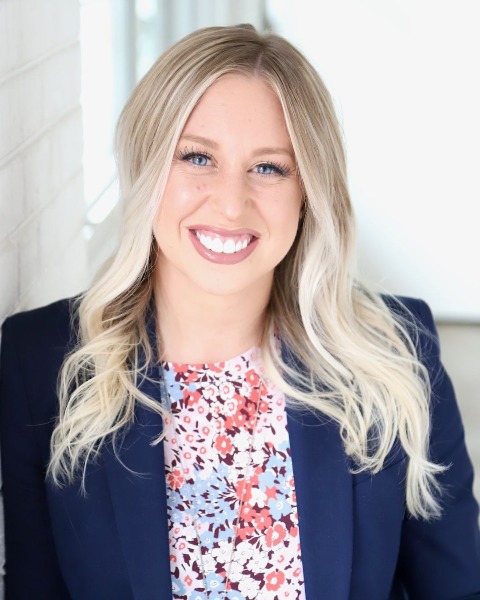Master Class
A Focus on Functional Recovery in MDD: Patient-Centered Strategies to Address Residual Symptoms and Treatment-Emergent Adverse Effects
-

Greg Mattingly, MD
Associate Clinical Professor, Washington University in St. Louis; President, Midwest Research Group; Board of Directors, APSARD; Editorial Board, Journal of Attention Disorders
St.Charles Psychiatric Associates
Washington University School of Medicine -

Chelsie Monroe, APN, PMHNP-BC
Founder, Advanced Practice Nurse
Balanced Mental Wellness
University of Colorado Anschutz Medical Campus
Speaker(s)
The most prescribed treatments for MDD are second-generation antidepressants. Given the variety of options in this medication class, tailoring treatment for MDD is a complex undertaking, requiring careful consideration of each agent’s unique efficacy, safety, and adverse effect profile, and an understanding of each patient’s individual characteristics and goals. Although symptomatic remission and full functional recovery are the overarching goals of treatment, a majority of patients treated for MDD continue to experience residual symptoms. In this session, expert faculty will explore the recognition and assessment of the impact of residual symptoms and treatment-emergent adverse events (TEAEs) on patients undergoing treatment for MDD. Attendees will learn to assess the limitations of traditional antidepressants for MDD, with a particular focus on how residual symptoms and TEAEs often contribute to relapse. By the end of the session, participants will possess the tools to mitigate residual symptoms and TEAEs effectively, enhancing treatment outcomes and patient well-being.
Supported by an independent educational grant from Takeda Pharmaceuticals U.S.A., Inc. and Lundbeck.
Learning Objectives:
- Recognize and assess the impact of residual symptoms and TEAEs on patients treated for MDD
- Assess the limitations of traditional antidepressants for MDD, particularly with regard to residual symptoms and TEAEs that commonly lead to relapse
- Evaluate the mechanisms of action and most recent clinical data associated with antidepressants that may address residual symptoms and/or TEAEs
- Implement strategies to select/adjust therapeutic interventions, in collaboration with patients and/or care partners, in order to mitigate residual symptoms and/or TEAEs
